Let me say: I may be biased (I have a huge love for my macro lens), but this is seriously the best food photography lens, or at least "one of" the best lenses.
When capturing food the most exciting thing for me is being able to capture details, and what is better than a macro lens to do it? Well, a 105mm macro lens!
At first, I was not sure it was the perfect lens for me at this stage, but then...I fell in love and never regretted buying it. Let me explain why.
UPDATE MAY 2022
I've been using my 105mm lens for over 3 years and I can say it's my absolute favorite.
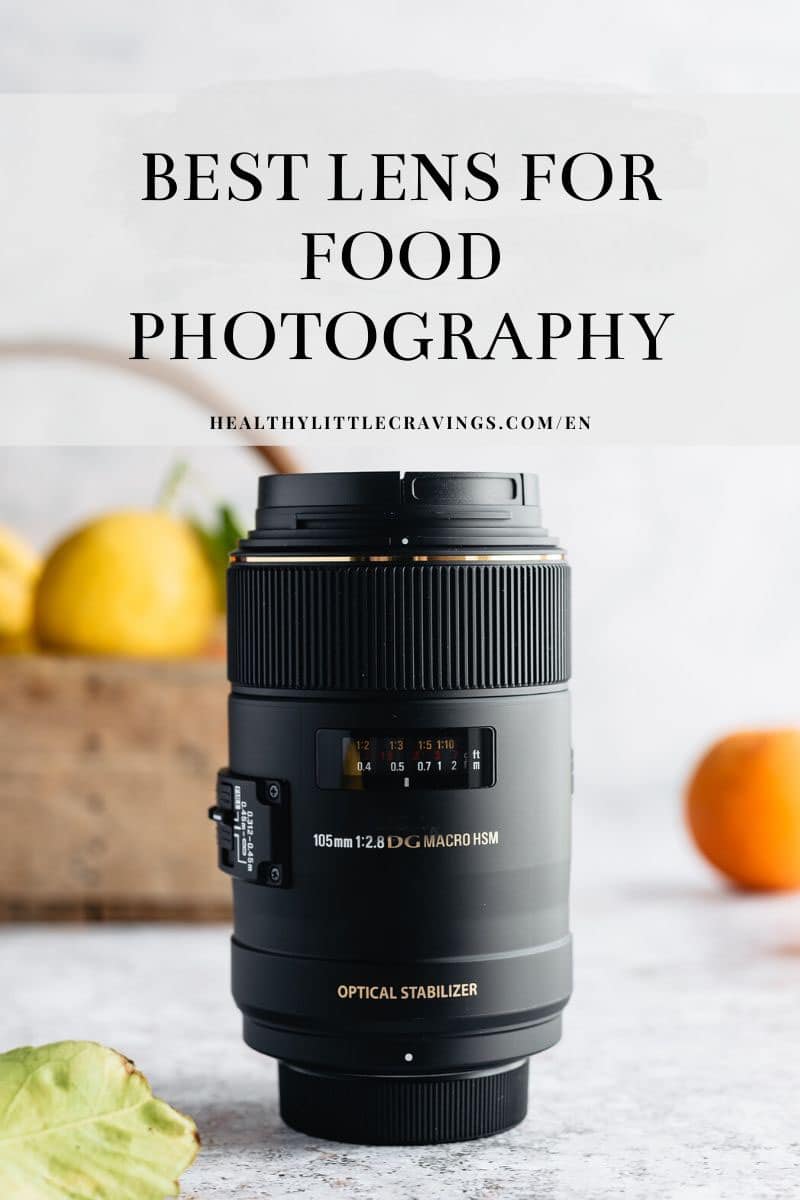
Cropped sensor or full frame? Result changes.
A premise first: the first thing to consider when buying a new lens - this one as well - is whether you own a cropped sensor or a full frame camera, because results will change.
What does cropped sensor and full frame mean? In simple words, a full frame camera has an image sensor equivalent to a 35mm film.
Cropped sensor camera instead has smaller image sensors, and the size actually depends on manufacturers. A cropped sensor camera basically "crops out" the middle part of your photo.
My old Nikon D3100, for example, had a crop factor of approximately 1.5. Since I used to take all my photos with a 50mm 1.8, my lens looked like a 75mm (50 x 1.5 = 75mm).
Look at the difference: different camera, same conditions, different results.
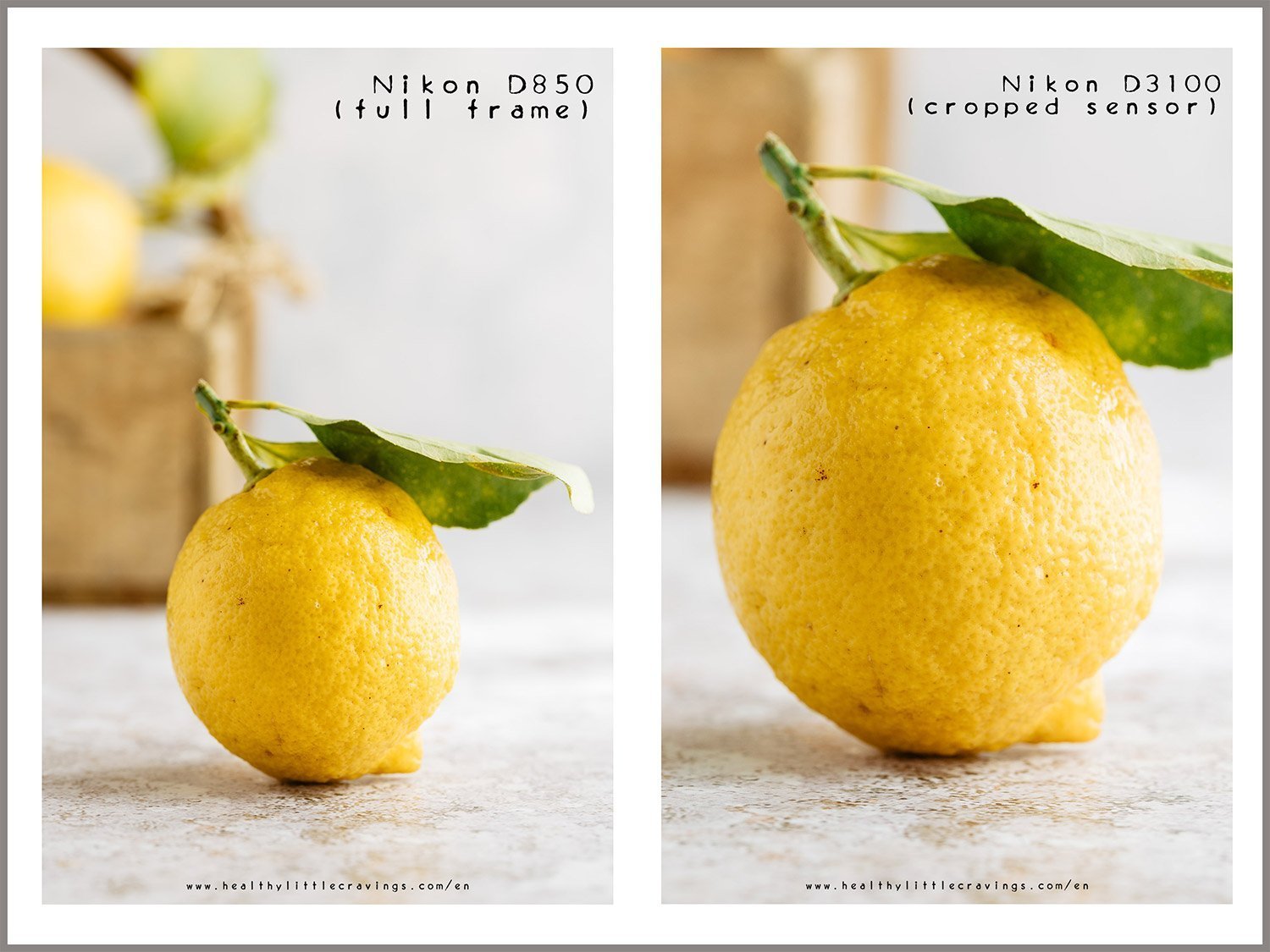
SETTINGS: ISO 100 | f/8 | ⅛ sec
Personally I bought my 105mm knowing I was going to buy a new (full frame) camera a few weeks later, so I did not worry that much. If I had to use a 105mm macro lens on my D3100 though, it would have looked like a 105 x 1.5 = 150mm lens (approximately).
Nothing wrong with it of course, but there are some great and cheaper lenses that will work as a macro on your APS-C (cropped sensor camera). Speaking of, Rachel by twolovesstudio talks about it on this post > this <
As an example, a 60mm on my old Nikon would give the same result as a 90mm on a full frame.
So, consider this factor when adding lenses to your kit.
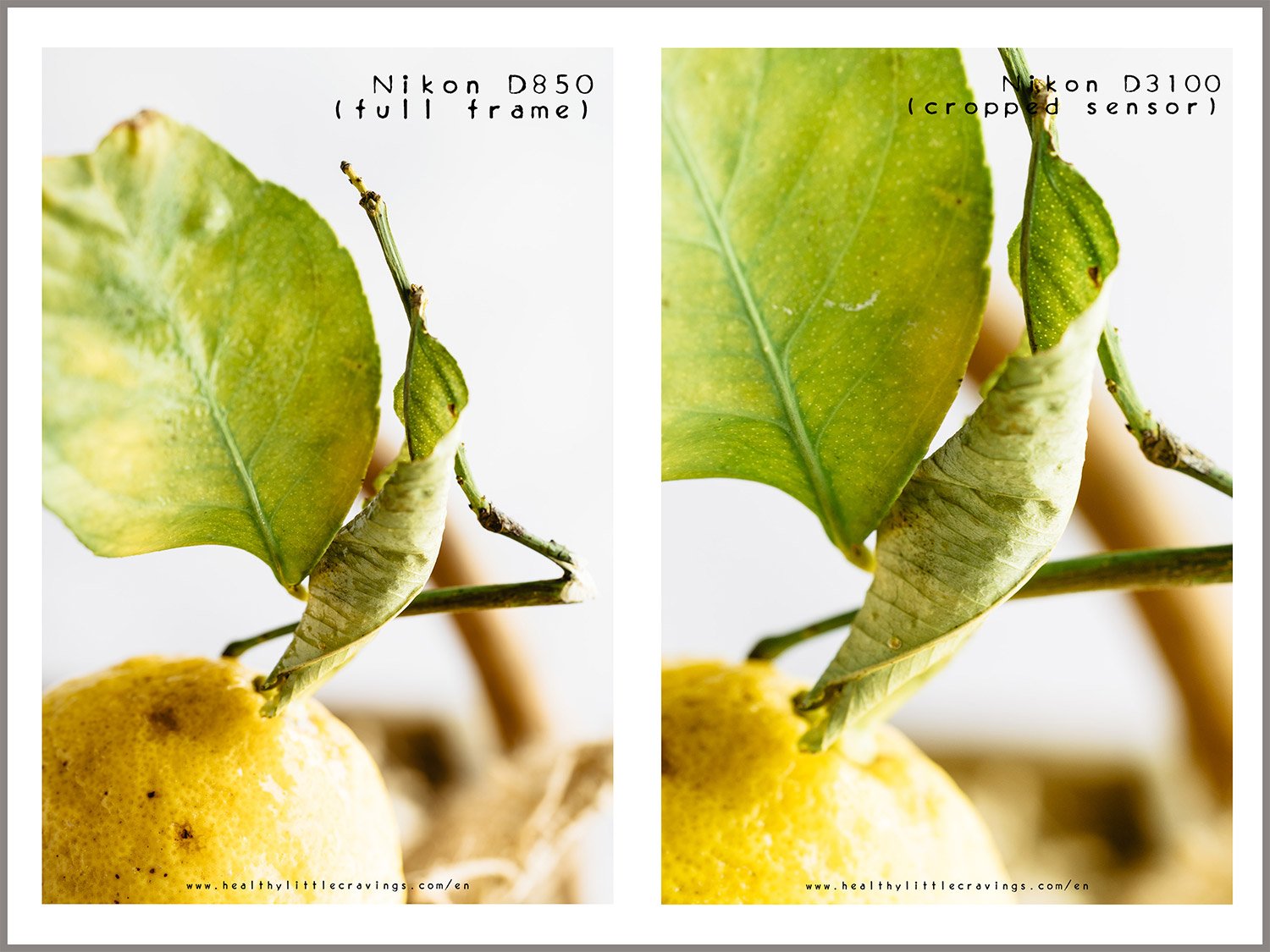
SAME SETTINGS: ISO 100 | f/6.3 | 1/15 sec
So, why is this the best food photography lens?
Listen, I know in this moment you are probably thinking "How can you say this is the best food photography lens, Roby? How can you be that sure?"
This is obviously based on my experience, also on my taste and style. If you've been following me for a while on Instagram, you know that I only bought the 105mm about a month and a half ago (read beginning of the post for update).
However, using this lens every single day, for every single shoot, has been enough for me to determine it.
REASON NUMBER 1
Number one reason why this is (one of) the best lens for this branch of photography, believe it or not: flexibility, or to be precise, versatility.
"Flexible? Really? This is a prime lens, Roby, and it's macro".
Well, you’re free to close this window now - thanks for your time though - or believe me.
As I mentioned, I use this lens in every single shoot, both for close-ups (obviously) as well as for wider shots (by moving further from my set).
Let me explain: I own a professional tripod by Manfrotto (linked below) that allows me to take overhead shots using the built-in 90° column mechanism. Despite this, sometimes I feel it's more convenient for me to raise the column up vertically and simply rotate the head. If I’m using my 50mm 1.8 though, this means the leg sections are in the frame (unless I lower the central column enough).
Instead, when using my 105mm this doesn’t happen. See this?
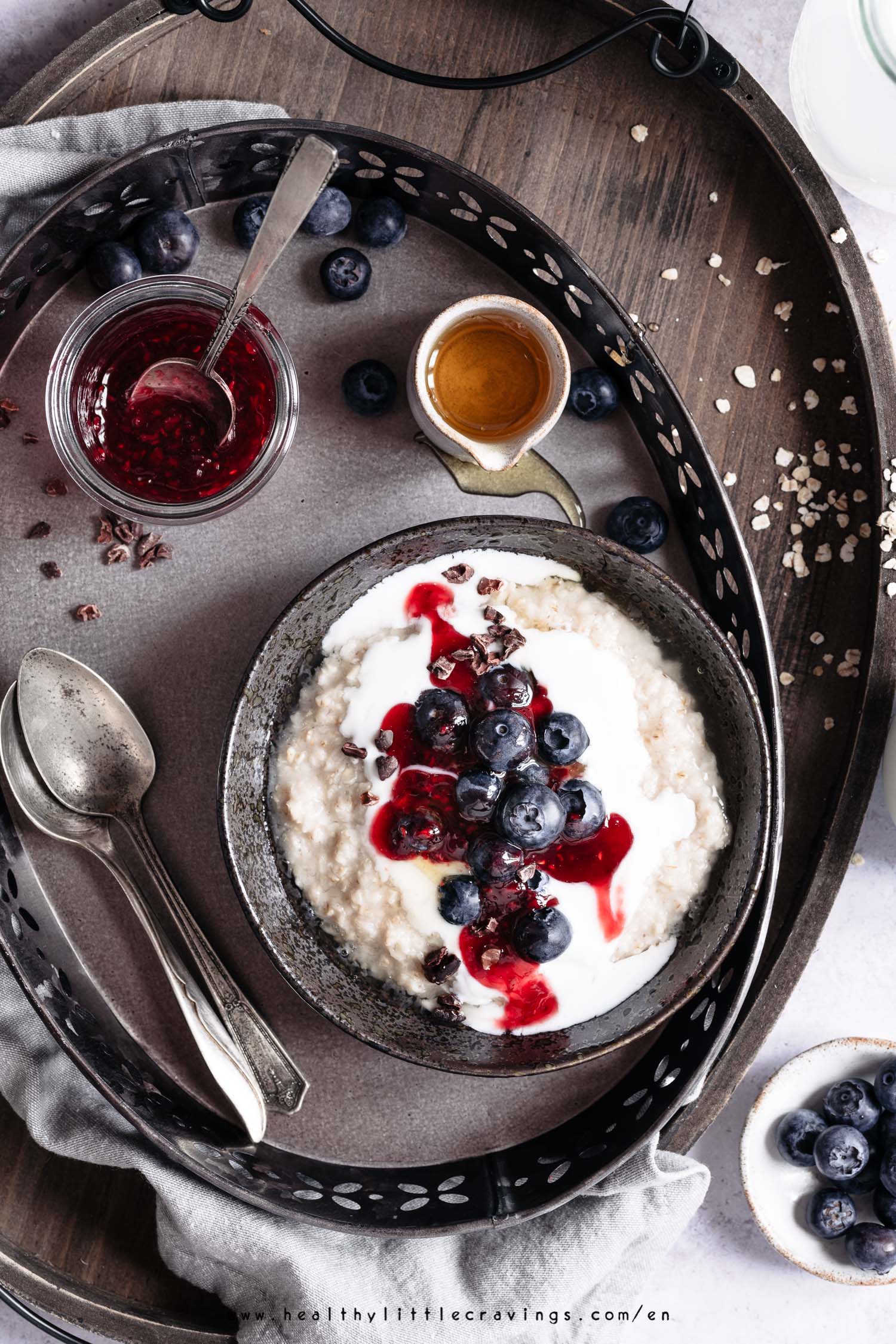
NIKON D850 - ISO 64 | f/13 | 2 sec
REASON NUMBER 2
Reason number two? I'm able to capture beautiful details (also the hidden ones) and textures. I mean, look at the example above. Look at those blueberries!
And look at this closeup (and, again, the berries).
The drops here... I go nuts over them!
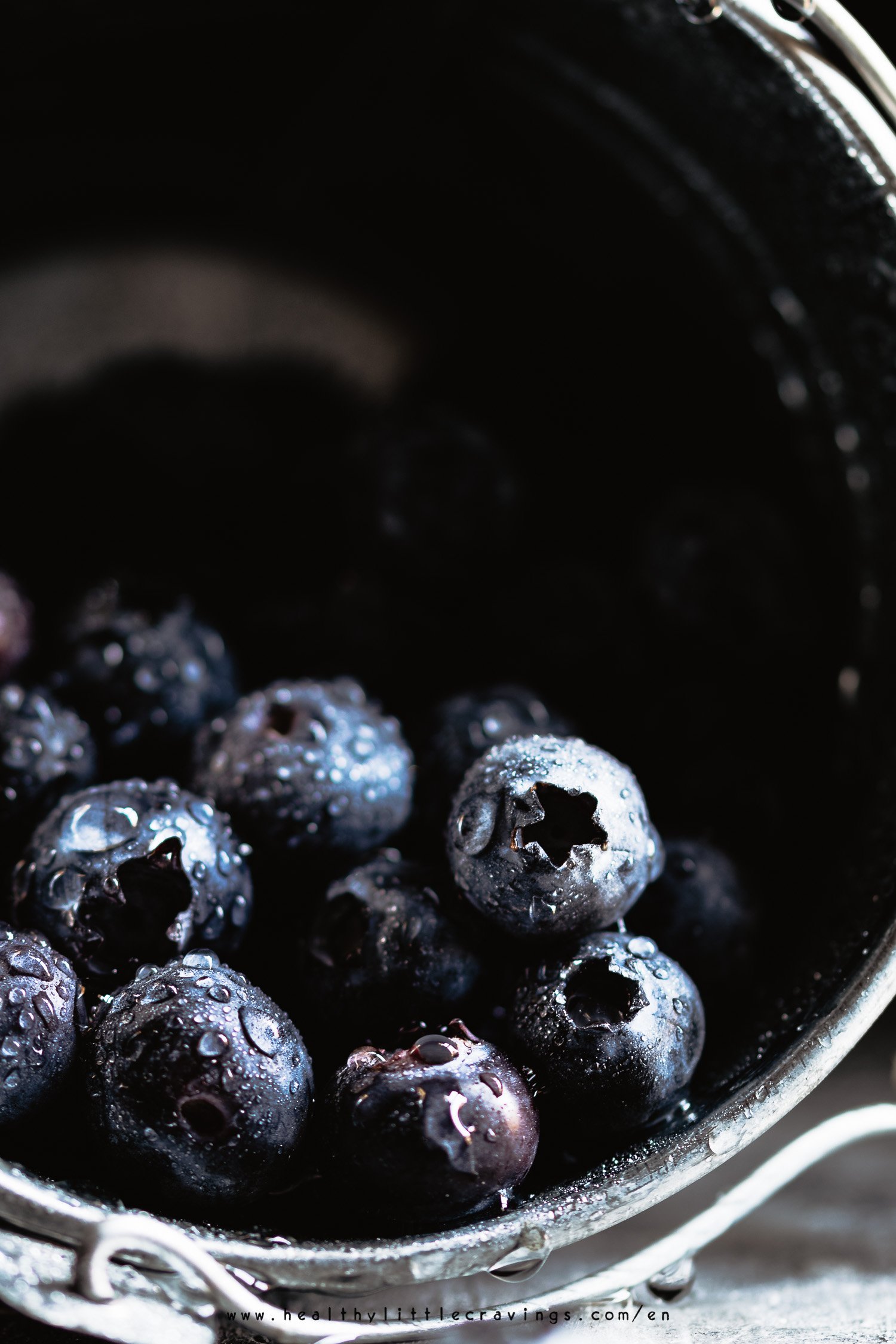
REASON NUMBER 3
Number three, as a result of all the features and all the above-mentioned: every single photo makes you feel like you can grab that food and eat it, it makes you feel hungry! Shouldn’t this be the purpose of food photography by any chance? Oh yes it is!
The perfect example? This salad!
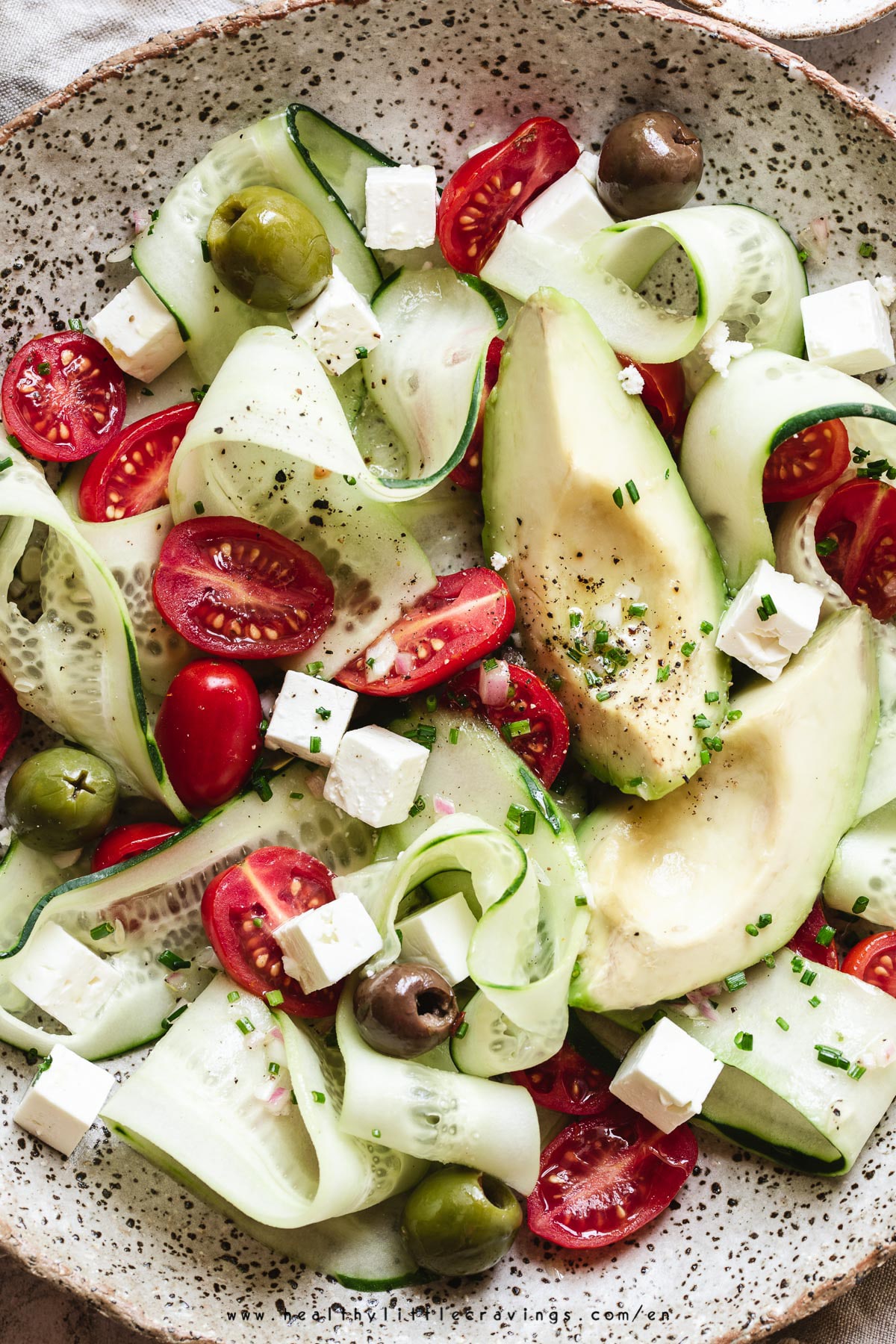
Also noteworthy:
- its sharpness
- the amazing colors
- its robustness (yes, it seems a bit heavy at first, but you'll get used to it quickly)
- the affordable price (duh) - mine is 105mm 2.8
- the optical stabilizer (which I personally don't use because I shoot with a tripod at home)
WANT TO LEARN MORE? BOOK A SESSION! IT'S TAILORED TO YOUR NEEDS!
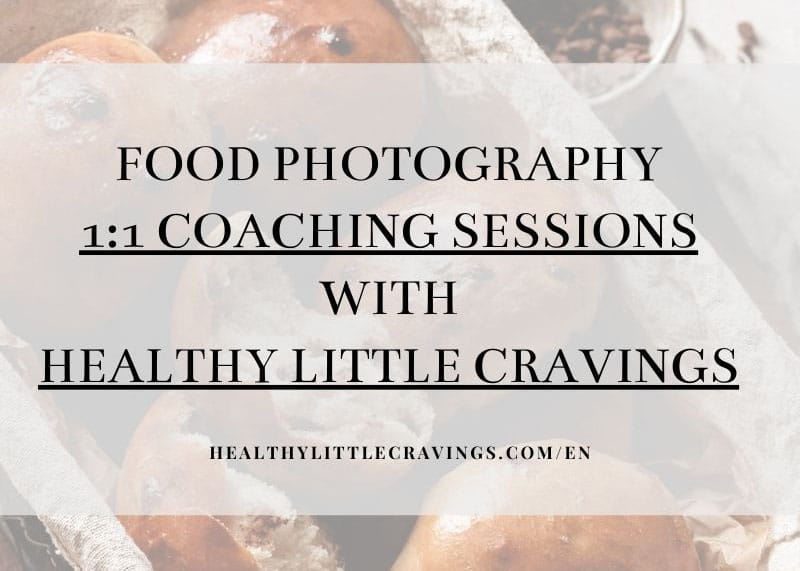
In conclusion, this is the best food photography lens for you if...
It will be the best food photography lens if:
- You prefer prime lenses over zoom;
- You have a huge love for details (check out my motto here😉) and texture;
- You love closeups but you also love having more elements in the frame;
- You want your food to always be extra appealing and sssexy;
- You’re looking for robustness;
- Love sharpness? This is for you!
- You currently don't have a thousand dollars to invest in a lens;
- You love that bokeh effect (!) - this lens has a shallow depth of field;
- You’re looking for versatility.
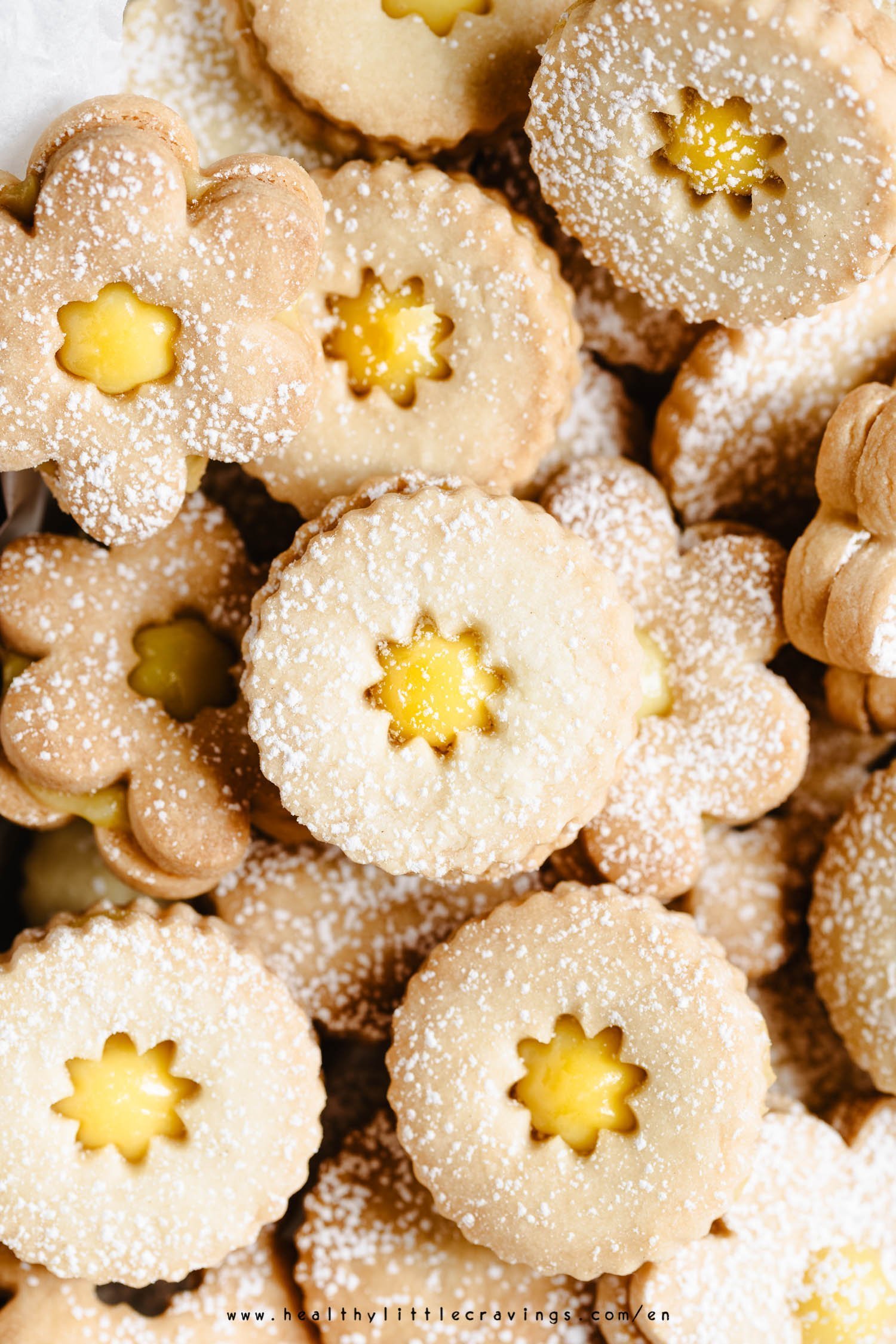
Wait! One more thing. This lens is not for you if...
Hey, I got to be honest, right? Since all that glitters is not gold, this lens also have "downsides".
This lens is not for you (unless you can buy more than one lens in one fell swoop) if you are just starting out and don't have 400/500 $ (or €/£).
Consider investing in another lens first.
I started with my kit lens (18-55) a few years ago, then bought a 50mm 1.8 that I still use it everyday. It's cheaper but it does the job.
Also, it's not for you if the place where you shoot is very narrow. I don't have a studio, but I can back off a bit or change room if I want, that's why I feel it's versatile. If your space is tiny, maybe this lens won’t be 100% versatile.
My advice? If you're not 100% sure, rent one and then evaluate the purchase.
WANT THE 105MM 2.8 LENS?
This post is not sponsored, but the following are affiliate links which means I make a small commission off of them with no additional cost to you. Thanks for supporting me!
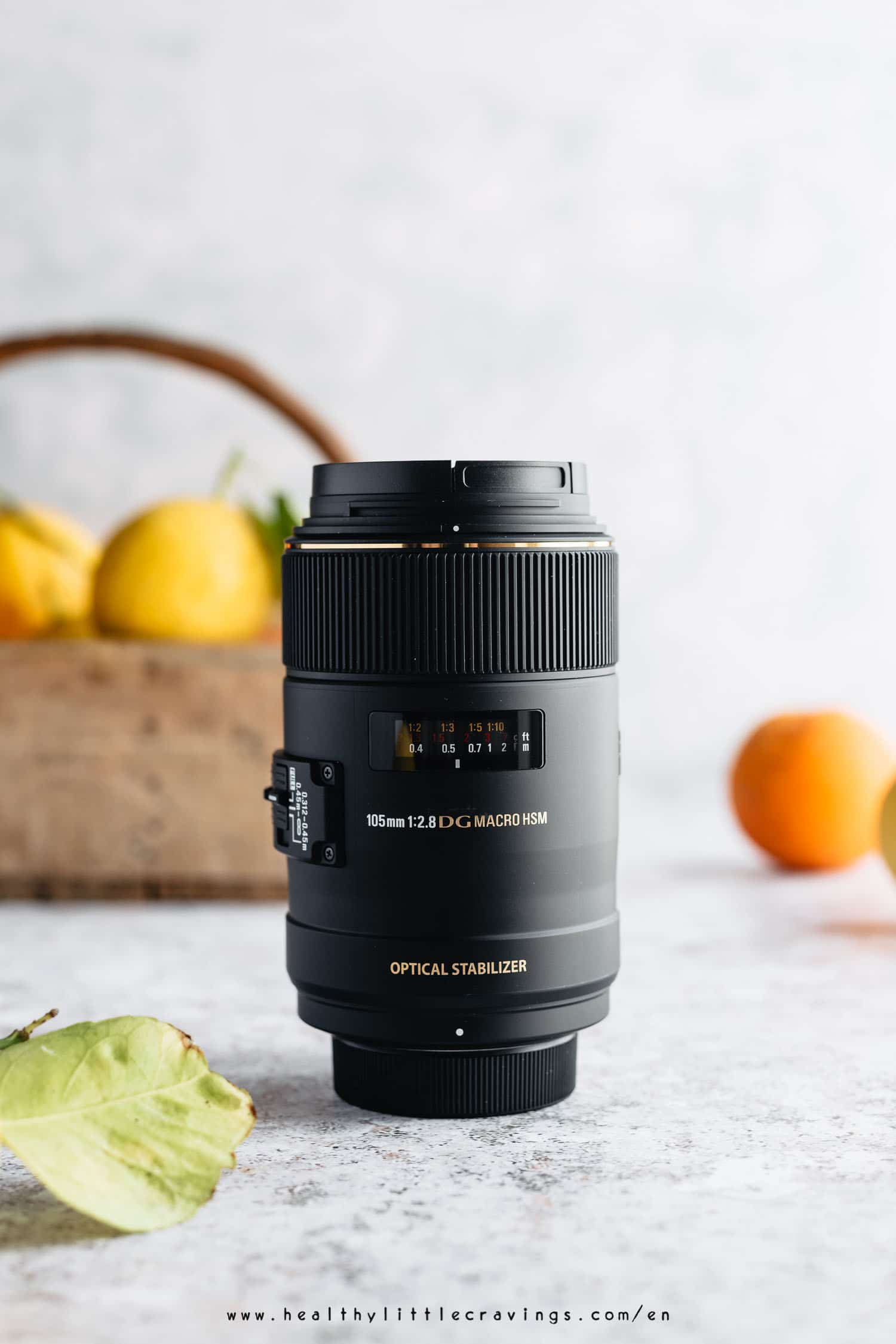
I'm sure you will LOVE this lens, let me know in the comments!
Link for my US friends:
NIKON
CANON 100mm
Per gli amici Italiani che hanno letto l'articolo, questi i link:
NIKON
CANON 100mm
My professional tripod
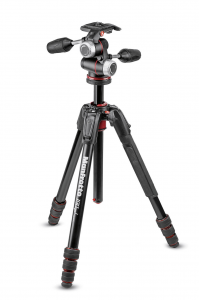
If you're looking for a professional tripod, this is the one I've been using for a long time.
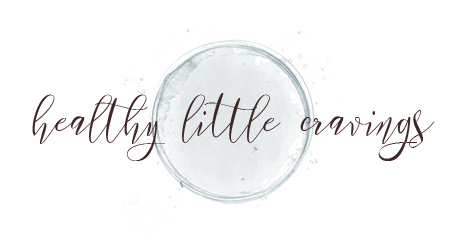

Julie says
Hi, Roberta!
I am grateful to have found your post! Gorgeous photos, and I can only dream of aspiring to your level.
Hoping you can shed some light: I'm waffling between a 60mm or 100mm macro for my cropped frame because I'm wanting the ability to have more artistic versatility. Am I wrong to think I'll have more room to work with using a 100mm macro? I mainly want to do food photography (I gravitate to 45 degree and highly close-up shots), but I'm toying with the idea of portraiture too. I have a rather large space to work in, so that won't be an issue. I don't plan on upgrading to a FF any time soon, so there's that as well. What do you think will be better for me? I have a 50mm and a 18-55mm kit lense atm. TIA!
Roberta says
Hey Julie! Mmm nice question! If you have a cropped sensor camera, a 105mm could be "too much". If you also want to do portraits, 85mm is great. But a 60mm is also good especially because you have a cropped sensore camera and don't plan to upgrade soon!
(When I bought my 105mm I knew I was also going to buy a full frame soon.)
If you need any other advice DM me on Instagram!:)
AMee says
Some great shots! A quick note: 105mm on a full frame will be 70mm on APS-C not 150mm.
Roberta says
Hi! If you notice, I wrote "it would have LOOKED LIKE a 105 x 1.5 = 150 mm lens". To use the equivalent of 105mm on a aps-c you probably have to buy a 60mm (which is a bit "less", it would be like a 90mm)
🙂